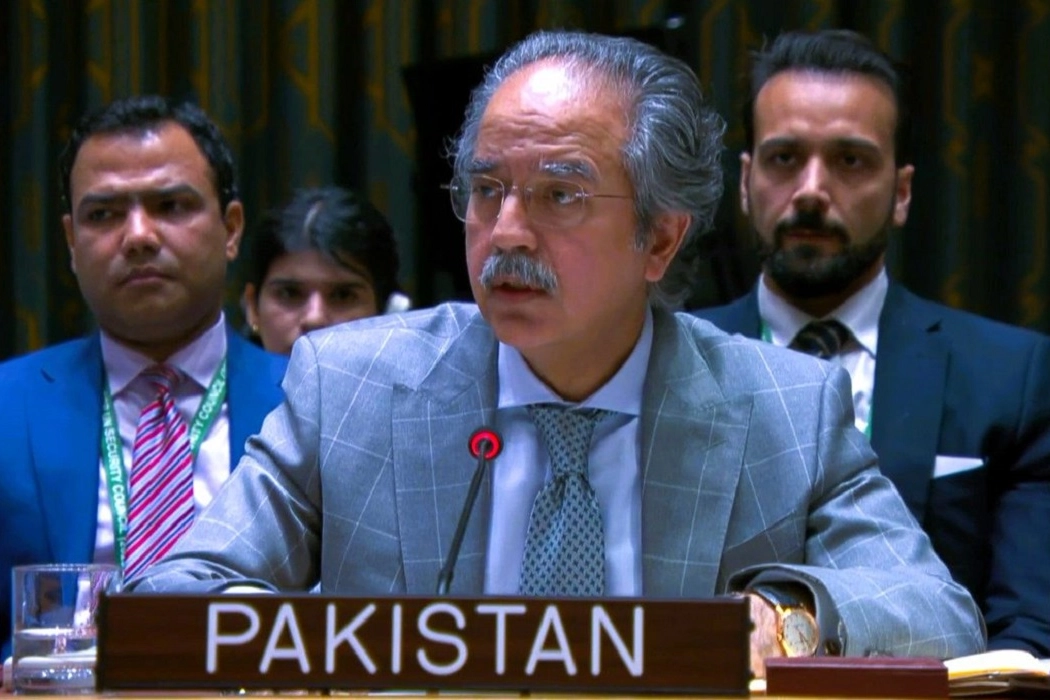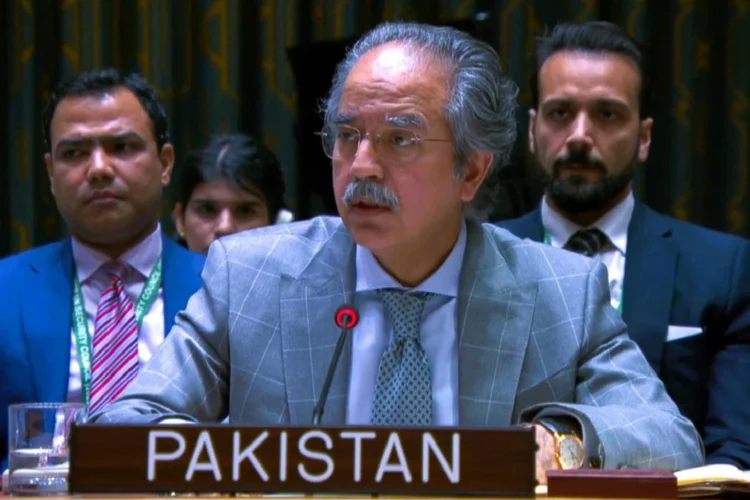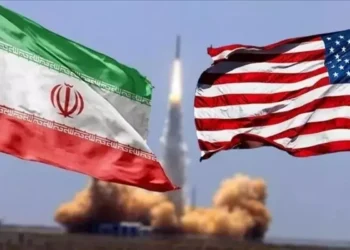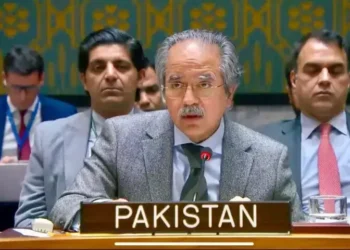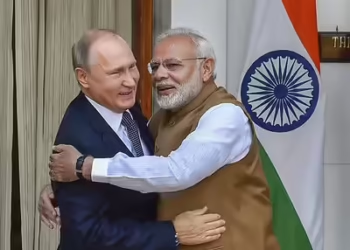United Nations: At the United Nations General Assembly on Monday, Pakistan called on the international community to present a united front in urging the Taliban to honor their commitments, particularly the prevention of Afghan territory being used for terrorist activities against other nations.
Ambassador Asim Iftikhar Ahmad, Pakistan’s permanent representative to the UN, expressed deep concerns about continued cross-border terrorism. “TTP (Tehrik-e-Taliban Pakistan) militants are still attempting to infiltrate Pakistan from Afghanistan,” he said during a debate on Afghanistan, coinciding with the Assembly’s adoption of a resolution demanding the Taliban uphold human rights, comply with international law, and take concrete steps against terrorism.
Ambassador Ahmad revealed credible intelligence indicating collaboration between the TTP and other groups, including the Balochistan Liberation Army (BLA) and its Majeed Brigade. These groups, he said, aim to disrupt Pakistan’s strategic and economic infrastructure.
The UN resolution, adopted with 116 votes in favor, 12 abstentions, and two opposing votes (from the United States and Israel), expressed grave concern over the presence of terrorist groups such as Al-Qaeda, ISIL/Da’esh, ISIL-Khorasan, and TTP in Afghanistan. It stressed that Afghan territory must not serve as a sanctuary for terrorism.
The resolution also spotlighted the ongoing crises in Afghanistan—nearly four years after the Taliban’s return to power—and called for enhanced international support for its people. Pakistan supported the resolution, while India abstained.
Highlighting the deteriorating humanitarian situation, the resolution urged coordinated efforts among political, humanitarian, and development actors. It strongly criticized the systematic oppression of Afghan women and girls and demanded the Taliban reverse policies excluding them from education, employment, and public life.
Ambassador Ahmad emphasized that despite the end of armed conflict, Afghanistan continues to face despair and instability. “Sanctions, economic collapse, poverty, and terrorism continue to plague the Afghan people,” he said. He noted that terrorist groups continue using Afghan soil, particularly against Pakistan, and called for immediate international action.
He welcomed the UN-led Doha Process for structured engagement with Afghanistan’s de facto rulers and stressed the need for a comprehensive and inclusive framework to address all concerns, especially the humanitarian emergency.
Ambassador Ahmad drew attention to the severely underfunded 2025 Humanitarian Needs and Response Plan, which has received only 15.7% of the required \$2.42 billion. He urged the global community to close this funding gap.
He also highlighted that Pakistan, which has hosted millions of Afghan refugees for decades, now faces new challenges after another one million undocumented individuals crossed its border since August 2021. “The burden must be shared more fairly by the international community,” he said.
The envoy called for the revival of Afghanistan’s economy and financial systems, including the unfreezing of assets held by the U.S., to enable trade and investment. He reiterated Pakistan’s commitment to regional connectivity through projects like TAPI, CASA-1000, the Uzbekistan-Afghanistan-Pakistan railway, and the extension of the China-Pakistan Economic Corridor (CPEC) into Afghanistan.
“We must recognize that one authority currently governs Afghanistan without credible opposition,” Ambassador Ahmad said. “Further destabilization could spark another conflict affecting the entire region. Spoilers—inside or outside the country—must be prevented from inciting terrorism and instability.”
He warned that terrorism from Afghanistan poses a serious threat to neighboring countries, especially Pakistan. The TTP, he noted, is the largest UN-designated terrorist group operating from Afghan soil, with around 6,000 fighters. Cross-recruitment between TTP and ISIL-K amplifies the danger to regional and global security.
Ambassador Ahmad also disclosed that modern weaponry left behind by foreign forces in Afghanistan has been seized by Pakistan’s law enforcement agencies, with some of it used in recent sophisticated attacks on Pakistani soil. “These developments highlight the gravity of the threat we face,” he warned, assuring that Pakistan will take all necessary measures to safeguard its citizens.
He affirmed Pakistan’s alignment with international expectations for the Taliban, especially on women’s rights and broader social inclusion. “We remain deeply concerned by restrictions on Afghan women and girls, which contradict both international standards and Islamic principles.”
Pakistan, he added, continues to support Afghan youth through education initiatives, currently assisting around 4,500 Afghan students, including 1,500 girls.
“Afghanistan cannot be stabilized through isolation, sanctions, or coercion,” the ambassador concluded. “Such measures could worsen poverty and hunger, provoke renewed violence, and trigger a new wave of displacement that neighboring countries cannot manage.”
